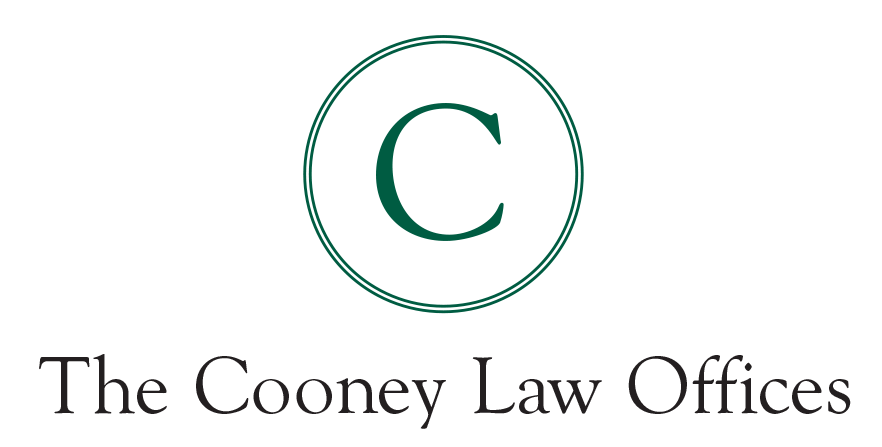Bankruptcy can be very helpful for those struggling financially. People file for bankruptcy to preserve their assets from creditor actions and to avoid wage garnishment. Bankruptcy can also help people renegotiate certain debts and discharge other financial obligations.
Most bankruptcies involve minimal conflict. Someone files their paperwork, attends hearings, completes the process and secures a discharge of their eligible debts. But, occasionally, creditors will take issue with a bankruptcy filing and may ask to continue collecting on a debt. They may also seek access to specific resources as a means of securing repayment, such as real property or financial accounts. One of the scenarios that may justify such efforts would involve a fraudulent transfer prior to a bankruptcy filing.
Fraudulent transfers occur in multiple ways
A fraudulent transfer is an intentional decision to transfer assets to avoid personal responsibilities, including debts and taxes. There are a handful of situations that may give rise to claims of fraudulent conveyance or fraudulent transfers during someone’s bankruptcy proceedings.
The first is when an individual transfers certain assets to others or uses them to fund a trust immediately prior to filing for bankruptcy. Any transfer that occurs within two years of a bankruptcy filing will be subject to review and may lead to questions about someone’s intent. Attempting to eliminate direct ownership of certain assets to protect them from liquidation during bankruptcy or creditor claims could constitute making fraudulent transfers.
The same is true of transfers conducted after taking on a debt. Individuals who recognize that they may default on their financial obligations sometimes begin transferring resources to others or to a trust as a way of protecting those assets if they face a lawsuit in the near future. Selling resources for far less than their fair market value could lead to claims of constructive fraudulent conveyance.
Finally, even transfers that occurred some time ago could lead to allegations of fraudulent conveyance if those transfers created someone’s financial hardship. Completely emptying out a bank account and leaving nothing to cover obligations would be an example of this type of inappropriate transfer. Transfers to friends, families and trusts could lead to challenges during the bankruptcy process.
Learning more about what may trigger fraud allegations may benefit those preparing for bankruptcy and hoping to minimize the challenges they face during the process. Seeking legal guidance can provide this valuable clarity.
